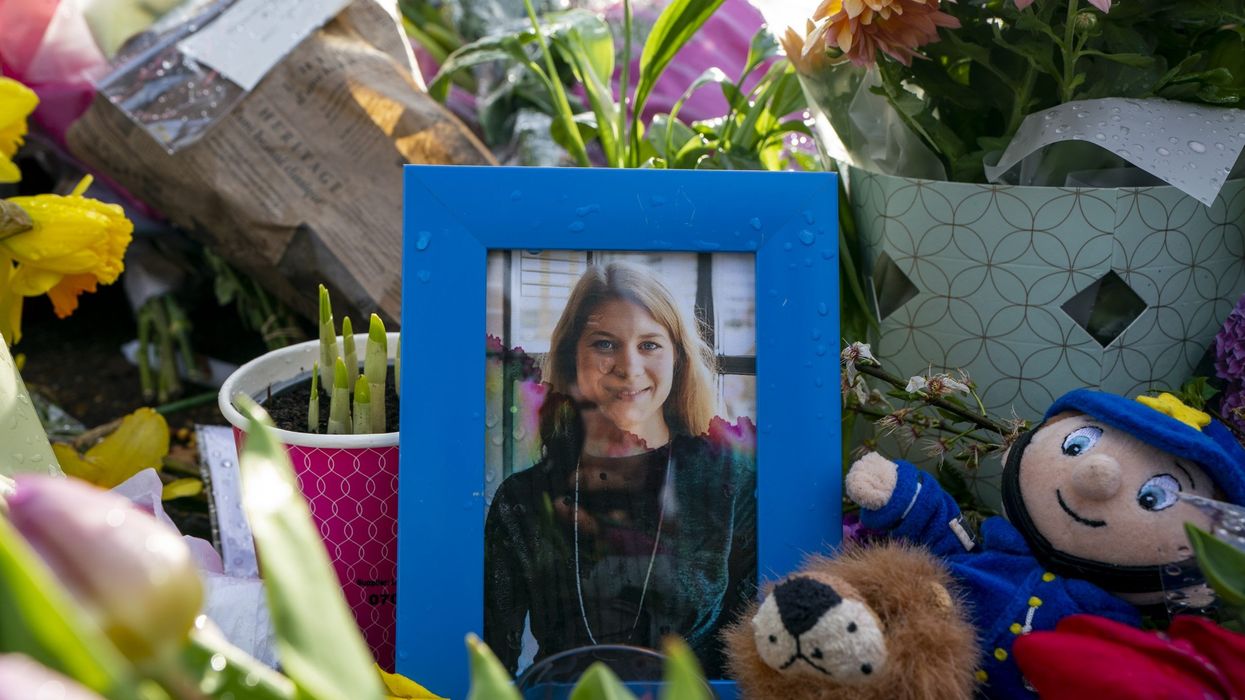By Amit Roy
THE Sarah Everard case is doing untold damage to the reputation of the Metropolitan Police.
There is the obvious point that it is a police officer, Wayne Couzens, 48, a member of Scotland Yard’s armed parliamentary and diplomatic protection command, who has been charged with the kidnap and murder of Sarah, a 33-year-old marketing executive.
The Met commissioner, Dame Cressida Dick – the first woman to head Scotland Yard, incidentally – admitted as much when she first announced last Wednesday (10): “This evening detectives and search teams investigating Sarah’s disappearance have very sadly discovered what we believe at this stage to be human remains.”
“Sarah’s disappearance in these awful and wicked circumstances is every family’s worst nightmare,” she went on.
She added: “The news today that it was a Metropolitan Police officer arrested on suspicion of Sarah’s murder has sent waves of shock and anger through the public and through the whole of the Met. I speak on behalf of all my colleagues in the Met when I say we are utterly appalled at this dreadful news.”
Sarah went missing at about 9.30pm on March 3 while she was walking home to Brixton after visiting a friend just off Clapham Common in London. Her remains were found inside a builder’s bag in woods in Kent, near the house Couzens shared with his 39-year-old Ukrainian wife, Elena, and their two children.
It took dental records to establish Sarah’s identity.
A group calling itself “Reclaim These Streets” had called for last Saturday’s (13) vigil to be held at 9.30pm – to mark the time Sarah disappeared – but were denied permission by the police because of the current Covid lockdown.
However, such was the state of emotion that more than 1,500 women turned up anyway in defiance of the police ban.
Earlier that day, the Duchess of Cambridge brought two bunches of daffodils freshly picked from the gardens at Kensington Palace to add to the growing piles of flowers placed in tribute to Sarah.
Catherine made a point of not wearing a mask so that there was no mistaking her identity. Before her marriage, Kate Middleton, as she then was, had lived in an apartment a couple of miles away. She now let it be known that she could clearly remember “what it was like to walk around London at night before she was married”.
Given the circumstances and the raw emotions involved, senior officers at Scotland Yard should have given orders that Covid or not, policing the vigil should not be heavy-handed. The police should have stood to one side and allowed passions to subside.
One image, of a woman called Patsy Stevenson, pinned down on the ground with a big police boot near her face will go round the world and will be the abiding image from Clapham Common to be used again and again.
It will remind millions in Britain and across the world of the circumstances in which George Floyd, a black American, died in Minneapolis after being knelt on by Derek Chauvin, a white officer now on trial for his murder.
It is one thing for British officers to be “firm” in dealing with black protesters after the death of one of their own in “police custody”, and quite another to be rough in “manhandling” middle-class white women of the kind who are Tory MPs or columnists on national newspapers. To the latter, Sarah was “one of us”.
Sarah was a Durham University graduate who had moved to London from York 12 years ago. Before her body was found, Sarah’s father, Jeremy, a professor of electronics at York University, and mother Sue, a charity worker, as well as her sister Katie and brother James, had joined a search of Clapham Common.
It is worth pointing out that most women are killed by men they know.
When the House of Commons debated International Women’s Day, Labour’s shadow domestic violence minister Jess Phillips took four minutes to read the names of 118 women who have been murdered over the past 12 months: “Vanita Nowell; Tracey Kidd; Nelly Moustafa; Zahida Bi… Shadika Mohsin…. Balvinder Gahir…. Poorna Kaameshwari Sivaraj, who was killed alongside her three-year-old son…. Hansa Patel… Geetika Goyal…”
Phillips concluded: “There has been much debate over what I would say at the end of the list. Her name rings out across all our media – we have all prayed that the name of Sarah Everard would never be on any list. Let us pray every day and work every day to make sure that nobody’s name ends up on this list again.”
The evidence from Southall Black Sisters tells us that domestic violence is something that too many Asian men have imported from India and Pakistan.
And back there, violence against women has reached horrifying proportions, with India sometimes described as “the rape capital of the world”. The fatal gang rape of a 23-year-old medical student in Delhi in December 2012, for which four men were hanged, has done nothing to improve safety for women.




